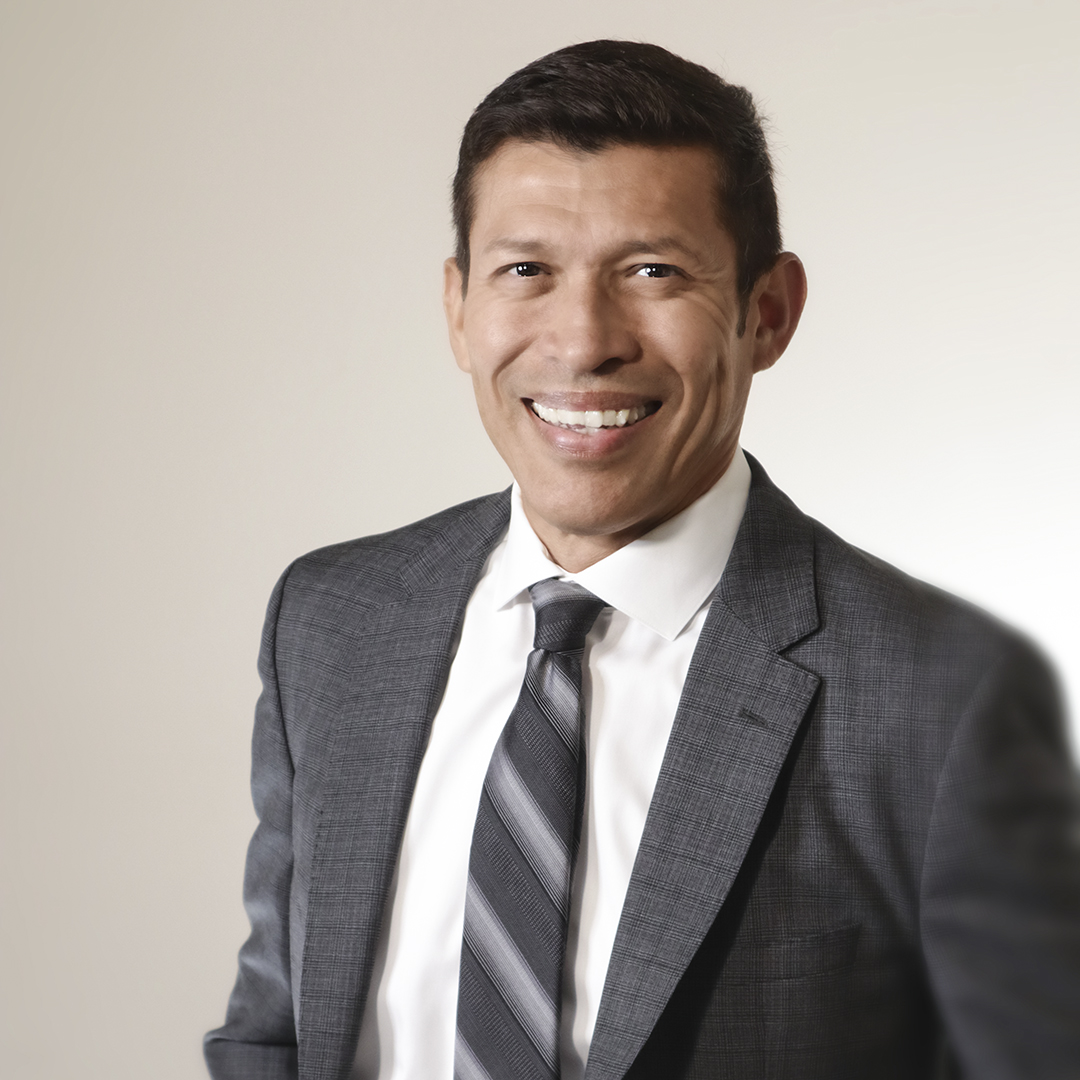|
Getting your Trinity Audio player ready...
|
For seven years, Luis Escobar’s grandmother prepared him for the day that he would meet his parents.
Escobar was born in Guatemala, but his parents left the country before their son’s first birthday so that they could find opportunity in the United States. They had the hope of one day returning to Guatemala so they could bring their son back to the United States with them.
Although he spent formative years without his parents, Escobar says the sense of family instilled in him by his grandmother, aunts, uncles, cousins, and other relatives is strong to this day.
Of course, he also says that uprooting his life and moving to a new country at just seven years of age was a bit of a culture shock.
“It was a difficult transition,” he recalls. “Imagine not knowing your parents to all of the sudden living with them. I’m now in the United States, not able to speak a word of English, and basically thrown into school so I can learn the language. I remember being made fun of—but really, that just pushed me and motivated me to learn quickly. You’re a sponge at that age and can absorb a lot.”
Bolstered by hard-working parents who instilled the same ethic in their son, Escobar adapted and became a social animal—so much so, in fact, that his initial plans of becoming a computer programmer at college hit a brick wall.
“My first year learning programming, I realized it was boring and not for me,” he says. “Sitting behind a console writing code without a lot of interaction—I couldn’t see myself doing that throughout my life.”
With guidance from counselors and others, Escobar made the move to business school, took up front desk work at Oakwood Corporate Properties and then volunteered to also handle telephone administration. His tenacity coupled with his strong interpersonal skills got him noticed and eventually led to the role he holds today: global director of customer relations for retail giant Forever 21.
The once-possible future of an isolated career in front of computer screen a distant memory, Escobar is now about as far in the opposite direction as one could imagine—managing a collection of call centers spanning Japan, Korea, Mexico, the Netherlands, the Philippines, and the United States. Besides the many international borders to deal with, Escobar’s team of roughly 175 employees also cover seven different languages.
Escobar opts not to see the scope of his role as a globe-spanning roll call of different territories and languages, but instead as individual members who are more family than employees.
“One of my goals is to meet every single one of my employees,” he says. “I think it shows them that I’m not some anonymous supervisor on the other side of the world, but another human being—just like them. Whether it’s lunches, emails, Skype messaging, or some other form of communication, I make it a point to learn a little something about each individual—children, pets, where they come from, what stories they have.
“They’ve been so willing to open up and share so many things with me, and besides the importance of that kind of human connection, it fosters a greater sense of trust,” he adds. “I don’t ask people to do anything I wouldn’t be willing to do myself.”
“I’ve got team members who are excellent programmers. If they can use those skills to help our team, I want them to do that—and that goes for anyone on my team. Just because you were hired to work in a call center doesn’t mean that you can’t or shouldn’t do something else.”
It’s the same kind of engaging spirit he was brought up with in his extended family in Guatemala. But the lessons of hard work and perseverance that his parents instilled in him while in the United States also are reflected in his team around the world.
“It takes a lot of hard work to get to where you want to be,” he says. “I expect my employees to know that. At the same time, when they do work hard, the one thing I make an effort and really emphasize with my leadership team is to acknowledge, recognize, and appreciate those employees that really go above and beyond. I focus on promoting within—80 percent of my managers have worked their way up.”
“I’ve got team members who are excellent programmers. If they can use those skills to help our team, I want them to do that. Just because you were hired to work in a call center doesn’t mean that you can’t or shouldn’t do something else.”
Moreover, Escobar notes, none of his employees are made to feel that their responsibility is simply taking phone calls from customers. He understands that working in a call center is not a typical answer when one asks about a dream job, and he knows that many of his team members are skilled in other practices, but they do this job for the financial stability it provides. However, that doesn’t mean talent has to be squandered.
“I’ve got team members in the Philippines, for instance, who are excellent programmers,” Escobar says. “If they can use those skills in ways to help our team, I want them to do that—and that goes for anyone on my team. Just because you were hired to work in a call center doesn’t mean that you can’t or shouldn’t do something else.”
It’s fostered a strong sense of engagement and loyalty toward Escobar from around the world. But even more than that, it’s bred a sense of community and collaboration within the team. Call centers from different countries often work together to solve problems, share tips, guidance, and opportunities for improvement. If that’s not a reflection of the family values Escobar absorbed throughout his childhood across international borders, then what is?
“At the end of the day, it’s about people and making a connection,” he says.

